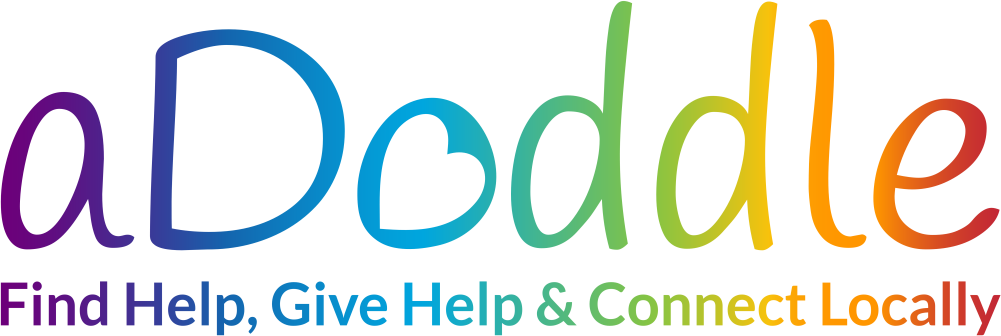
- This event has passed.
International Literacy Day
8 September 2025

Today is #InternationalLiteracyDay, a day to raise awareness of the importance of literacy not just to an individual, but to broader communities and societies.
Despite progress made, literacy challenges persist with at least 773 million young people and adults lacking basic literacy skills today. The pandemic has further exacerbated challenges faced by non-literate children and adults by disrupting their access to education.
Literacy is an important tool to be able to engage with a number of facets of modern society, so it needs to be made a priority.
This year, ILD will be celebrated under the theme of “Promoting literacy in the digital era.”
Digitalisation has been changing ways in which we learn, live, work and socialise, in both positive and negative ways, depending on how we engage with it. While digital tools can help expand learning opportunities for marginalised groups, including 754 million young people and adults who lack basic literacy skills, this digital shift also risks creating double marginalisation – exclusion not only from traditional literacy learning but also from the benefits of the digital age. Digitalisation also raises other concerns, including privacy issues, privacy, digital surveillance, reinforced biases, ethics, the risk of passive consumption, and environmental impacts.
Literacy is a key for making these transformations inclusive, relevant and meaningful. Beyond reading and writing on paper, literacy in the digital era enables people to access, understand, evaluate, create, communicate and engage with digital content safely and appropriately. Literacy is also central for fostering critical thinking, discerning credible information and navigating complex information environments.
#ILD2025 #ImALifelongLearner #EducationForAll
Source: UNESCO
